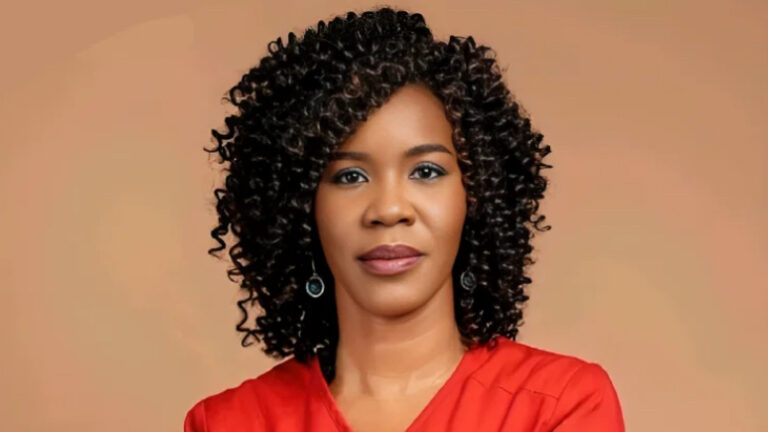
Miriam Mutebi: Addressing the fear and mistrust that often shape the patient experience
Miriam Mutebi shared a post on LinkedIn:
“Later tonight, I’ll be packing my bags for the Union for International Cancer Control (UICC) World Cancer Congress, which begins on the 17th.
As I thought about what to write today, I realized that one of the most challenging issues we often overlook as healthcare workers (HCWs) is managing patient expectations across the cancer care continuum.
This is especially complex in Africa, where healthcare systems face many hurdles. One of the most significant challenges is addressing the fear and mistrust that often shape the patient experience.
Fear is a natural and immediate response to a cancer diagnosis and patients will react to ‘cancer news’ in different ways. Some will lash out, others withdraw or put up defensive walls. This is usually a defense mechanism brought on by the overwhelm and anxiety about their future, the uncertainties of treatment, and potential side effects.
This fear can be paralyzing, affecting both their mental and physical health. In areas with limited access to information and support these fears can intensify, leaving patients feeling even more isolated and uninformed.
Mistrust, meanwhile, often arises from negative narratives—stories shared on social media or within communities about the harsh side effects of treatment or poor healthcare experiences. These stories create barriers to seeking care, adhering to treatment, or engaging with the healthcare system at all. Addressing these challenges requires a proactive and empathetic approach.
Healthcare providers must therefore communicate openly and compassionately to alleviate fears and build patient trust. This means offering clear, detailed information about diagnoses, treatment options, and potential side effects in an accessible way. Providing strong support systems and educational resources can also help patients feel more informed and secure throughout their treatment journey.
As HCWs, it’s essential to actively listen to the concerns of patients and respond with empathy and honesty. Building a strong, trusting relationship can lead to better experiences and improved adherence to treatment.
Here in Africa, where healthcare resources are often stretched thin, effectively managing patient expectations, can significantly impact treatment outcomes. By confronting fear and mistrust head-on, we can improve the quality of cancer care and provide better support for patients on their difficult journeys.”

Source: Miriam Mutebi/LinkedIn
Miriam Mutebi is a Breast Surgical Oncologist and Assistant Professor in the Department of Surgery at the Aga Khan University Hospital in Nairobi, Kenya. She is the President of the African Organization for Research and Training in Cancer (AORTIC), and past president for Kenya Society of Hematology and Oncology (KESHO) and on the Board of Directors of the Union for International Cancer Control (UICC).
She is the co-founder of the Pan African Women’s Association of Surgeons and is part of the Kenya Association of Women Surgeons. She is an avid supporter for the education and support for women, especially in surgery and she aims to provide mentorship for women in surgery and to improve women’s health and surgical care in Africa. She is currently pursuing a pilot’s license in order to extend breast care services to marginalized areas.
-
Challenging the Status Quo in Colorectal Cancer 2024
December 6-8, 2024
-
ESMO 2024 Congress
September 13-17, 2024
-
ASCO Annual Meeting
May 30 - June 4, 2024
-
Yvonne Award 2024
May 31, 2024
-
OncoThon 2024, Online
Feb. 15, 2024
-
Global Summit on War & Cancer 2023, Online
Dec. 14-16, 2023
